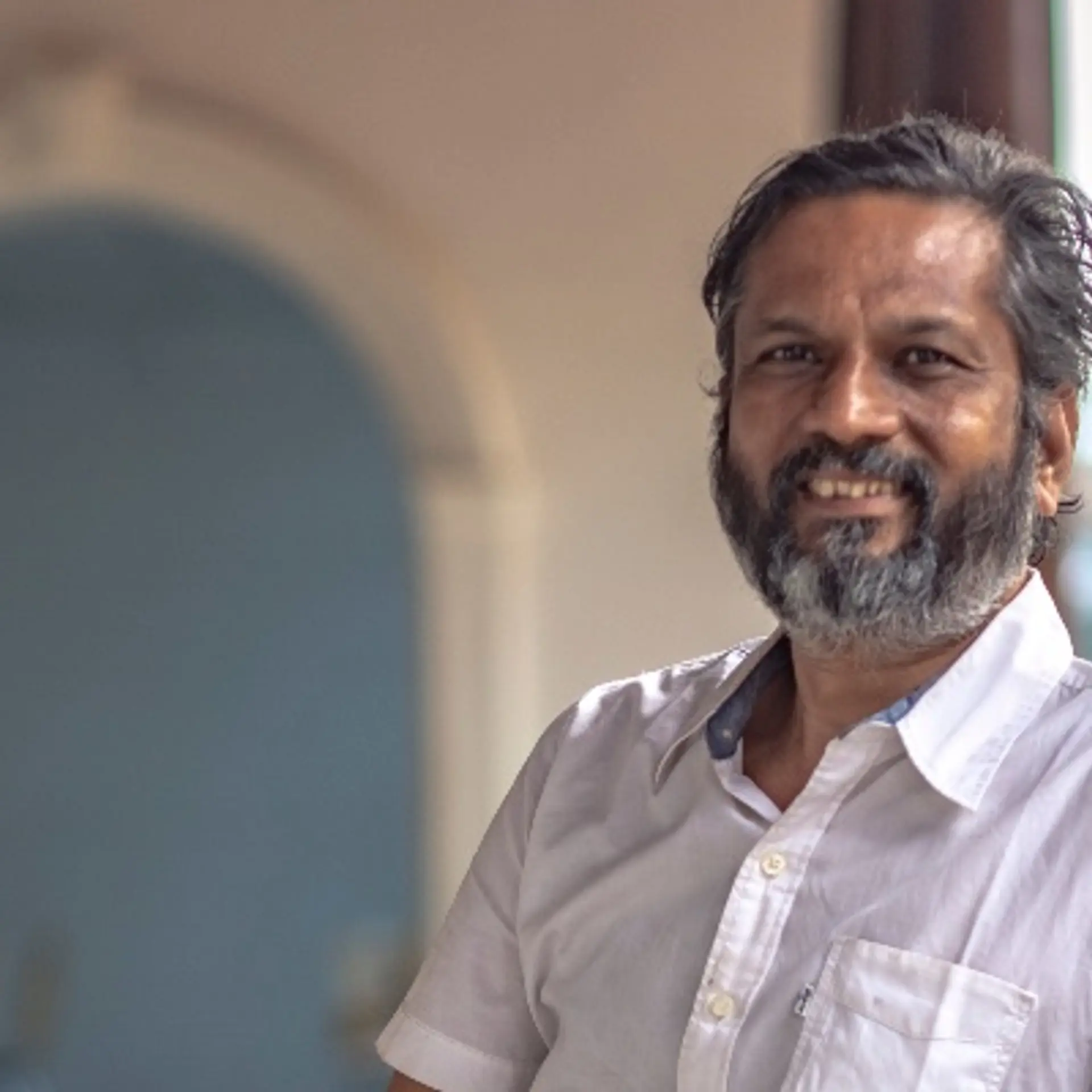From providing affordable education to saving India's endangered species — top social stories of the week
This week, SocialStory witnessed the efforts of people and organisations, who are providing affordable education and safe drinking water to the masses, as well as the Centre’s move to provide Rs 1 lakh crore to support farmers, and agritech startups.
While we are protecting ourselves by staying indoors during the coronavirus pandemic, for India’s endangered wildlife, the global pause has turned out to be more of a bane than a boon, as India’s conservationists say the lockdown has made it difficult for them to step out and protect wildlife.
This week, SocialStory also witnessed the efforts of people and organisations, who are providing affordable education and safe drinking water to the masses, as well as the Centre’s move to provide Rs 1 lakh crore to support farmers, and agritech startups as part of the Atmanirbhar Bharat Abhiyaan.
Here are the top social stories of the week.
How a 70-year-old woman is making education affordable for children in Pune

70-year-old Sunitha Kulkarni.
Meet 70-year-old Sunitha Jeevan Kulkarni, who is doing everything in her power to exemplify affordable education. After working in the field of education for over 25 years, she and her husband set up a school to provide quality education for underprivileged and differently-abled students.
The Valley View High School, situated in the Kondhwa region of Pune, was started with just eight students in 1996. Today, the strength of the school stands at around 1,500, out of whom 900 are boys and 600 are girls.
While she had to overcome multiple obstacles on her journey, she stuck to her goals and did not give up.
Girl who cycled 24 km every day to attend school, scores 98.5 pc in Class X board exams

15-year-old Roshni Bhadauria. Photo credit: ANI
Where there’s a will, there’s always a way. And 15-year-old Roshni Bhadauria proves this true even today.
The Class 10 student, who hails from Ajnaul village of Bhind district in Madhya Pradesh, used to cycle 24 km every day just to attend school. And, her determination, discipline, and dedication led her to score a staggering 98.5 percent in her board examinations.
Why India’s endangered wildlife is in even more danger amid the coronavirus-led lockdown
During the initial days of the coronavirus pandemic, which has claimed more than half-a-million lives globally, there were reports of the rivers turning blue and the skies becoming clear due to halted industrial and human activities. Nature was reclaiming its place.

Indian pangolin
However, the pandemic has also given rise to the fear of wild animals, as epidemiologists believe the disease has jumped from bats to humans. And this renewed fear, coupled with the lockdown restrictions, is making it harder for wildlife conservationists to do their work.
Vishwas Katdare, President, Sahyadri Nisarga Mitra (SNM) – an organisation in Maharashtra that works on Indian pangolin conservation in the Konkan region, tells SocialStory,
“COVID- 19 and the lockdown has impacted each sector of our work, especially conservation. We are unable to work on monitoring captive species. Also, ground conservation activities like education, raising awareness, meeting people, conducting workshops, and training got affected due to the lockdown.”
This social enterprise is helping underprivileged communities access clean drinking water
According to a study by the World Health Organisation (WHO), nearly two billion people worldwide don’t have access to safely managed water services today. For underprivileged communities, especially in developing nations, safe drinking water is a distant dream, and its lack has led to diseases such as diarrhoea, cholera, dysentery, typhoid, and polio.

JanaJal water ATM
About 1.7 million children die of diarrhoea in India each year, while at least 37.7 million people are affected by waterborne diseases caused by contaminated water.
Aiming to provide safe drinking water at a nominal cost, sustainably, and consistently, JanaJal — a Delhi-based social enterprise — has set up water ATMs across the country. The company sells a litre of water for Rs 5, and, about 20 litres for Rs 20.
Centre decides to set up agri-infra fund of Rs 1 lakh crore to support farmers, agri-tech startups
The Government of India on Wednesday approved the setting up of an agriculture infrastructure fund with a corpus of Rs 1 lakh crore to provide financial support to entrepreneurs, startups, agritech players, and farmer groups, for infrastructure and logistics facilities.

A decision in this regard was taken in the cabinet meeting, headed by Prime Minister Narendra Modi. The agri-infra fund is part of the Rs 20 lakh crore stimulus package announced in response to the COVID-19 disaster.
The amount is to be broken up for the development of fisheries — both inland and marine — under the Pradhan Mantri Matsya Sampada Yojana, which will also involve the employment of 55 lakh people.
Edited by Suman Singh










